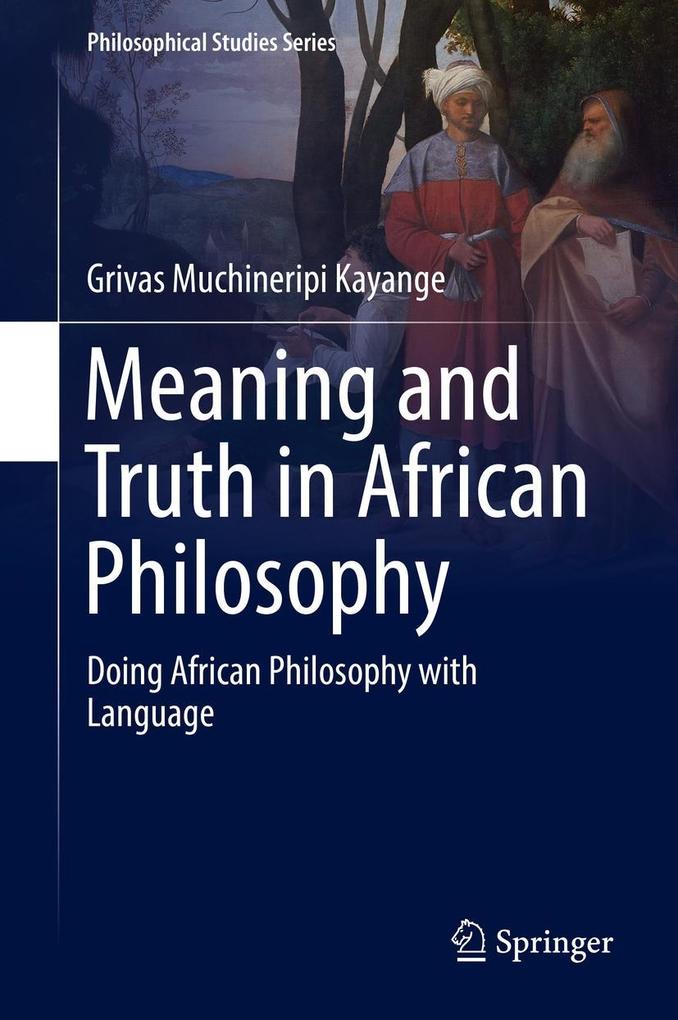This book offers a new way of doing African philosophy by building on an analysis of the way people talk. The author bases his investigation on the belief that traditional African philosophy is hidden in expressions used in ordinary language. As a result, he argues that people are engaging in a philosophical activity when they use expressions such as taboos, proverbs, idioms, riddles, and metaphors.
The analysis investigates proverbs using the ordinary language approach and Speech Act theory. Next, the author looks at taboos using counterfactual logic, which studies the meaning of taboo expressions by departing from a consideration of their structure and use. He argues that the study of these figurative expressions using the counterfactual framework offers a particular understanding of African philosophy and belief systems. The study also investigates issues of meaning and rationality departing from a study on riddles, explores conceptual metaphors used in conceptualizing the notion of politics in modern African political thought, and examines language and marginalization of women and people with disabilities.
The book differs from other works in African philosophy in the sense that it does not claim that Africans have a philosophy as is commonly done in most studies. Rather, it reflects and unfolds philosophical elements in ordinary language use. The book also builds African Conception of beauty and truth through the study of language.
Inhaltsverzeichnis
Preface. - Acknowledgements. - Part I: Figurative Utterances And Meaning. - Chapter 1. Philosophical Framework For Doing African Philosophy. - Chapter 2. Pragmatic Semantics And Chichewa Proverbs. - Chapter 3. Meaning Of Taboos Using Counterfactual Logic. - Chapter 4. Doing African Philosophy With Metaphors. - Chapter 5. Riddles, Meaning And Rationality/Logic. - Part II: Conceptual Analysis: Truth, Beauty And Meaning. - Chapter 6. The Chewa Logical Concept Of Truth. - Chapter 7. The Chewa Concept Of Beauty And Meaning. - Part III: African Communitarianism (Ubuntu) Vs African Individualism Through Language. - Chapter 8. Conceptual Analysis Of Ubuntu/Umunthu And Meaning. - Chapter 9. Deducing Individualism In African Society Through The Study Of Language.


































